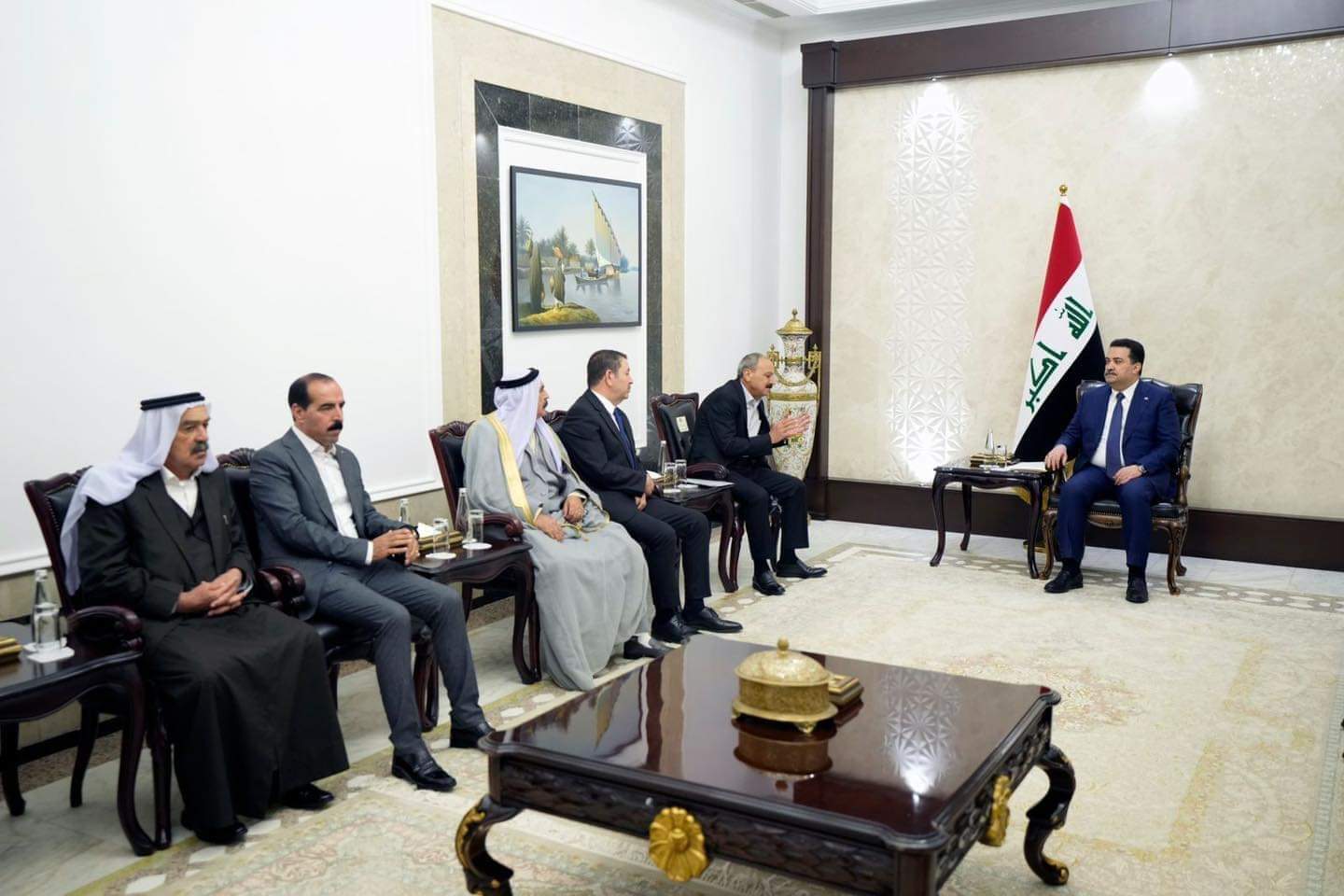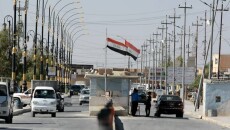Representatives of a number of political, national and religious parties called on the President of the Republic and the Iraqi Prime Minister to end the issue of the internally displaced persons IDPs, by providing services to Sinjar (Shingal) and putting a strong local administration at office.
Representatives of the parties and components that work together within the framework of a body called the Sinjar Coordination of National Components and Forces met last week with both the President of the Republic and the Iraqi Prime Minister.
“Sinjar is going through a difficult political, administrative, and service stage. Our body seeks to convey the voice of the region’s residents to the government and Iraqi leaders,” Rana Hassan told KirkukNow.
“We discussed with the President of the Republic, the Prime Minister and a number of Iraqi leaders, the process of rebuilding Sinjar, installing an administration accepted by citizens, and compensating those affected by the war against ISIS,” she added.
For about six years, Sinjar had two local administrations: one of which assumes its duties within the district center and the other has managed citizens’ affairs since 2017 from Dohuk Governorate. At the present, the acting mayor of Shingal in Dohuk approves transactions there.
"The Iraqi Prime Minister told us that the absence of an administration in Sinjar affected the residents of the region, and even led to a wave of reverse displacement, because citizens do not feel security and administrative stability," Hassan said.
The majority of Ezidis live in Shingal District, a disputed area west of Nineveh Governorate. The tolerant and vulnerable non-Muslim community fell under the control of the Islamic State of Iraq and Syria ISIS (Daesh) on August 3, 2014, which resulted in thousands of Ezidis being killed, kidnapped, and displaced.
Within months, thousands of houses, buildings, and service sectors in the district were destroyed as a result of the war against ISIS. Another section of the Ezidis lives in Sheikhan, Bashiqa and other areas of the Nineveh Plain.

"In Baghdad, in our meeting with the Iraqi Prime Minister, Muhammad Shiaa al-Sudani, we raised the issue of the delay in disbursing compensation to the citizens of Sinjar. In turn, the Prime Minister phoned the Governor of Nineveh and asked him to pay attention to the issue and avoid negligence," Hassan added.
The Sinjar Coordination of National Components and Forces involves all political parties in Sinjar, with the exception of the Kurdistan Democratic Party KDP, which won the largest number of votes from the district’s voters in the previous parliamentary elections.
Daoud Jundi, a member of the delegation and official of the Sinjar Organization Center of the Patriotic Union of Kurdistan PUK, told (KirkukNow), “The presence of the displaced in the camps extended for a long time. We agreed with the Minister of Immigration and Displacement on the necessity of putting an end to the issue of the displaced and returning the people of Sinjar to their homes.”
“One of the proposals was to speed up the disbursement of the financial grants given to the returning IDPs and not delay them,” according to Jundi.
Over 664,000 IDPs live in the Iraqi Kurdistan Region IKR, most of them from Nineveh Governorate, specifically from Shingal District, 30% of them are Ezidis. Part of them are distributed among 26 IDP camps, while the rest exceed 490,000 people residing outside the camps, according to statistics from the Joint Crisis Coordination Center of the government. Kurdistan Region
The reconstruction process in Shingal, which has had two local administrations for years, is subject to the implementation of the provisions of the Shingal Agreement, which has been confirmed in the ministerial platform of the Iraqi government as a roadmap to stabilize the region followed by reconstruction yet although the agreement was concluded in 2020, its provisions have not been implemented yet.
There are more than eight armed forces in Sinjar district (120 km west of Mosul), which has a Yazidi majority. Sinjar district is a disputed area between the Erbil-based Kurdistan Regional Government KRG and the federal government in Baghdad.
The Presidency of the Republic of Iraq stressed, in a statement published on October 31 regarding the visit of the coordination delegation, “the necessity of ending this humanitarian file as soon as possible by ensuring the return of all displaced persons who are still living in difficult conditions in displacement camps.”





